8 Easiest Cities in the World to Get a Digital Nomad Visa in 2025
As of 2025, more countries than ever offer official routes for remote workers, and many travelers now focus on specific cities rather than just national programs. That shift matters because city-level infrastructure — reliable internet, coworking spaces, international flights, and expat services — often determines how smoothly a visa translates into everyday life. This list picks eight cities that combine accessible visa pathways with real on-the-ground advantages for remote professionals. Spain, the Netherlands, Portugal and Uruguay rank very high in recent 2025 analyses for clear rules and quality of life. For example, Spain’s program lists a concrete income threshold and modest fees, while Uruguay introduced a streamlined route targeting U.S. remote workers this year. Other places on this list have built reputations for straightforward paperwork, digital-first government services, or short processing windows that keep applications simple. Use this post as a practical starting point. Each city entry summarizes why it’s considered easy to access, what basic documents are commonly requested, and what living there looks like for a nomad. Visa rules change, so double-check official consular pages before you apply. Below you’ll find city-specific tips that help you compare the true costs and conveniences of making one of these places your base in 2025.
1. Madrid, Spain — Streamlined paperwork and big-city services

Madrid benefits from Spain’s 2025 ranking as one of the easiest national programs for remote workers, and the capital’s services make follow-through far simpler than in smaller towns. Spain’s program requires proof of stable remote income, health insurance and identity documents; research notes a commonly cited minimum equivalent to about $3,253 per month and an application fee near $88, plus nominal costs for translations and national ID processing. These concrete figures give applicants a clear target to meet before filing. Madrid itself offers a dense network of coworking spaces, fast fiber internet in most neighborhoods and plenty of international-flight connections, which shortens both arrival logistics and any follow-up visits to consular or immigration offices. Expect to factor in time for NIE registration and possible document legalization, but many agencies and language services in Madrid specialize in helping foreigners complete those steps quickly. For Americans planning a move, Madrid balances the predictability of Spain’s rules with strong on-the-ground support, which often turns a complex application into a well-managed checklist.
2. Lisbon, Portugal — User-friendly process and strong expat support
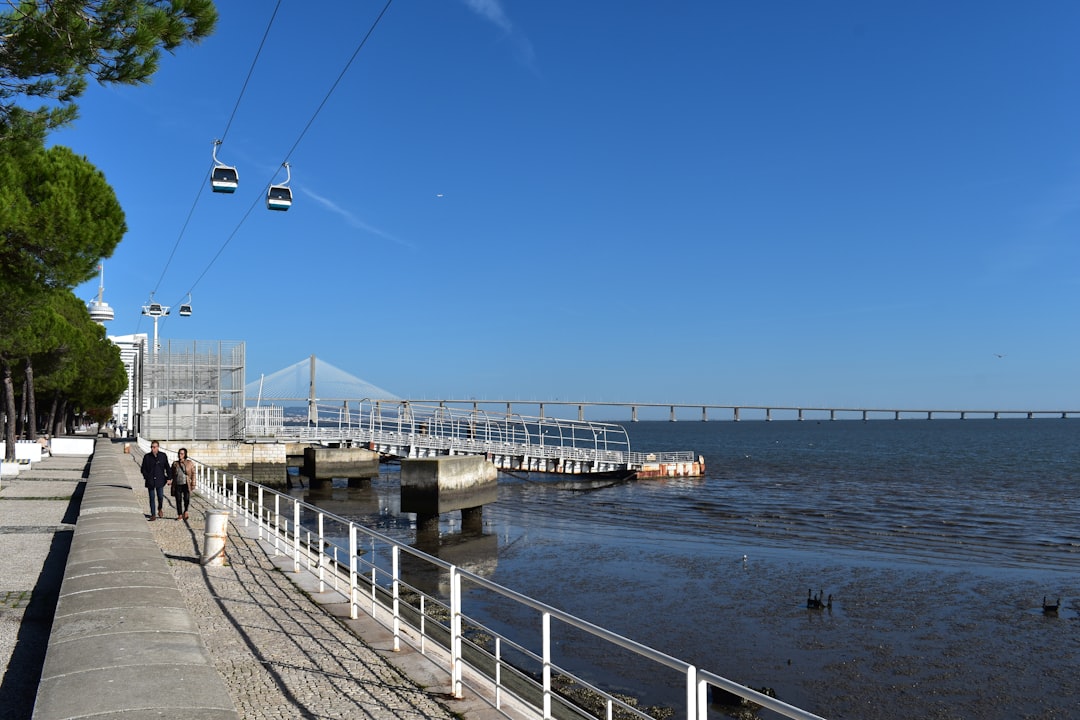
Lisbon remains a top pick because Portugal’s visa pathways are straightforward for many remote professionals, and the city’s English-friendly services simplify paperwork. Typical requirements mirror other European programs: proof of remote income, comprehensive health insurance and a clear background check. Portugal’s authorities and private consultants tend to offer accessible guidance, while Lisbon’s tech and startup scenes mean there are many resources for applicants who need document translation or certified copies. Living in Lisbon is convenient: reliable internet across most neighborhoods, abundant coworking hubs, and varied neighborhoods that suit different budgets. Short-term rentals and long-stay options are widely available, which helps applicants align housing plans with visa start dates. While Portugal’s exact thresholds can vary by program and applicant profile, Lisbon’s strong expat community and plentiful visa support services make the application journey more manageable than in places with patchier local assistance.
3. Amsterdam, Netherlands — Clear rules and a structured approach
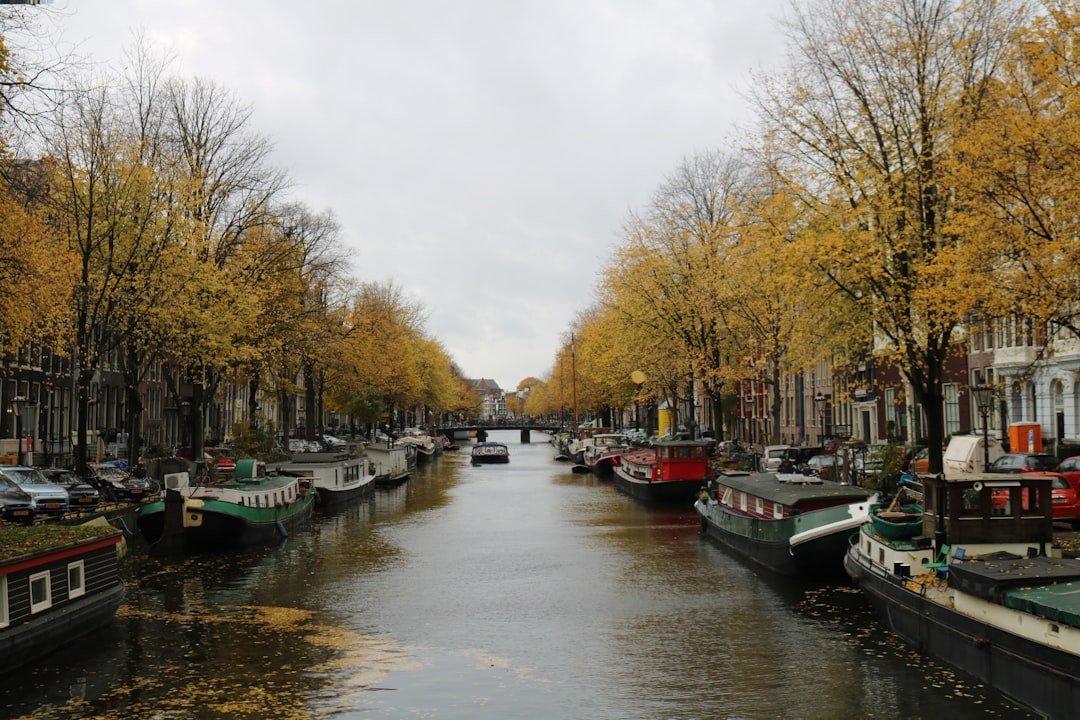
The Netherlands doesn’t always label its routes as a classic “nomad visa,” but its systems for self-employed and remote work make Amsterdam a straightforward place to apply and settle. Dutch pathways are prized for their clarity: many require meeting a documented scoring or points system and proving stable work or professional value. Research references a points-based self-employed residence pathway with a structured scoring model, which helps applicants know where they stand before filing. Amsterdam’s benefits extend beyond paperwork. The city’s administrative offices and expat services are well-developed, and its compact geography limits travel time for any in-person appointments. English proficiency among officials is high, which reduces friction for U.S. applicants who need to present bank statements, contracts or client invoices. Preparing a clear portfolio of income and business activity is often the decisive factor here, and Amsterdam’s abundant co-working and networking options help remote workers transition quickly from approval to productive life.
4. Tallinn, Estonia — Digital government makes application smooth
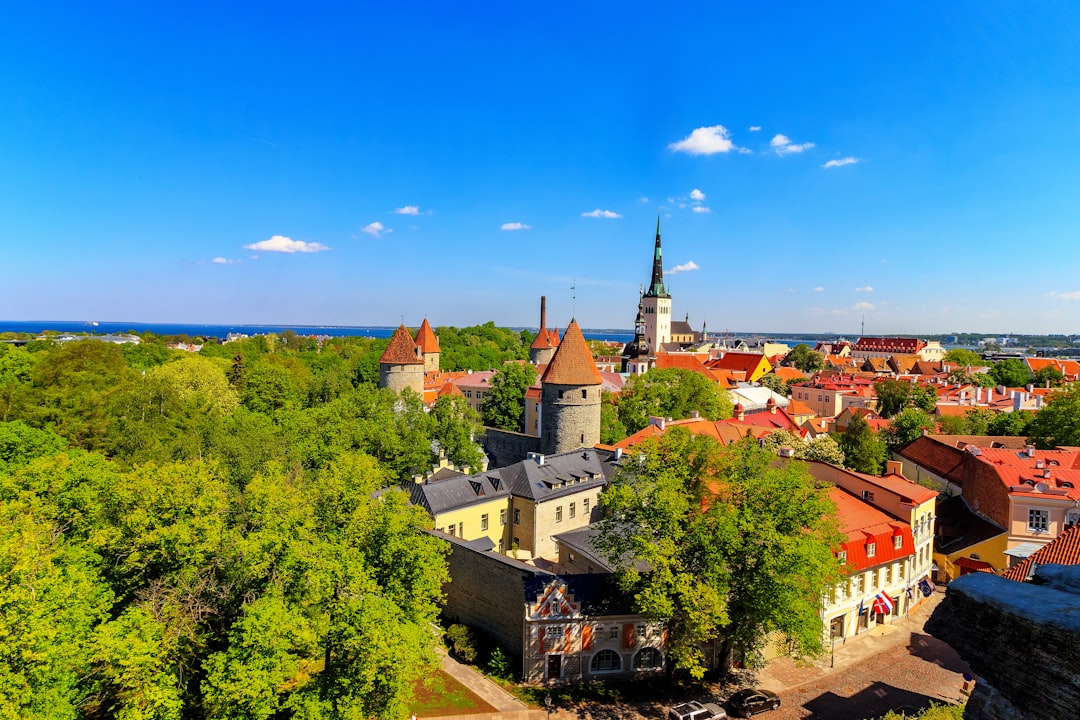
Estonia’s reputation as a digital-first country translates into a relatively painless experience for nomads who choose Tallinn. The country long led with e-residency and online business services, and its remote-worker entry routes emphasize digital documentation, reducing the need for time-consuming in-person bureaucracy. Applicants typically need to show proof of remote income, valid health insurance and a clean criminal record; the process often moves quickly when documents are complete. Tallinn’s compact center, reliable connectivity and a high number of coworking spaces help newcomers get productive fast. Local tech communities and startup accelerators also provide informal support for those who need help with taxes, local registration or business banking. For remote workers who value minimal paperwork and strong online government services, Tallinn is a natural fit: many of the administrative steps that slow applications elsewhere are handled electronically here, which shortens timelines and reduces uncertainty.
5. Zagreb, Croatia — A clear one-year option with easy urban life
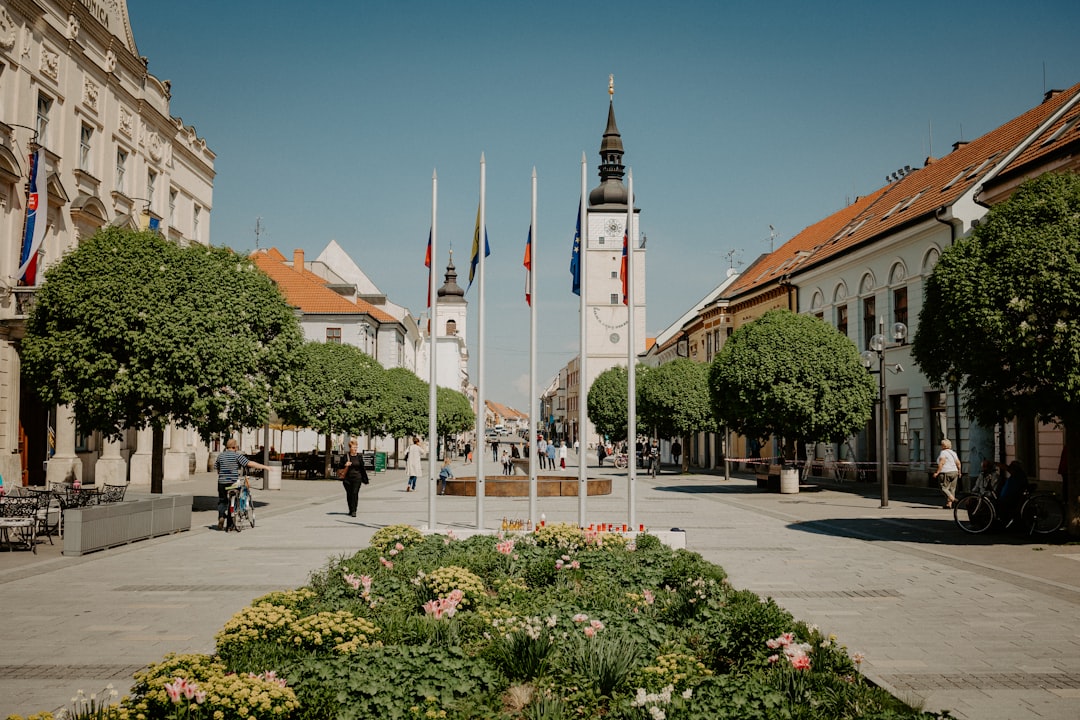
Croatia introduced a digital nomad program popular for its one-year window and relatively accessible requirements, and Zagreb provides the urban amenities that help applicants settle in without hassle. The national route generally asks for documented remote income, evidence of accommodation, and health insurance coverage. Processing times and exact thresholds vary, but many find Croatia’s documentation list straightforward compared with more opaque systems elsewhere. Zagreb is an attractive base: it blends city conveniences with lower living costs than major Western European capitals, and the local startup and creative scenes welcome international talent. Coworking spaces and short-term apartments are easily found, and English proficiency among younger professionals helps smooth tasks like opening local bank accounts or establishing mobile service. For a remote worker who values a single, predictable one-year stay and an easy urban living setup, Zagreb often represents one of the simplest on-the-ground options in Europe.
6. Montevideo, Uruguay — A new 2025 program aimed at Americans
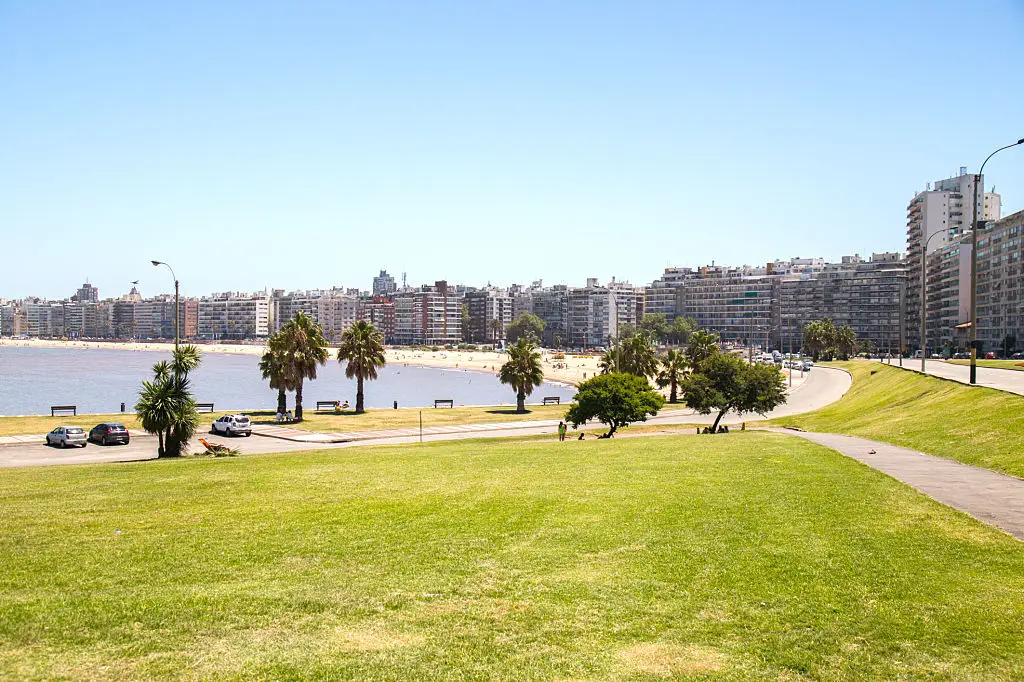
Uruguay launched a remote-worker program in 2025 that specifically appeals to U.S. applicants seeking a simple initial stay combined with friendly local services. Research highlights a six-month initial authorization that can be extended in many cases, and notes that the program is designed for straightforward entry with an in-country application path available after arrival. That “tourist first, apply locally” approach reduces up-front friction for travelers who prefer to confirm a base before finalizing paperwork. Montevideo offers the infrastructure many nomads need: dependable internet in central neighborhoods, a growing number of coworking venues, and a stable, walkable urban environment on the Río de la Plata. Because this program is new, official guidance and local service providers are rapidly expanding, which helps applicants find translation and document-prep assistance. If you plan to try Uruguay’s route, factor in a short period for local registration and allow time for any extension requests if you decide to stay beyond the initial term.
7. Tbilisi, Georgia — Fast approvals and a low cost of living

Georgia’s approach to welcoming remote workers has kept Tbilisi firmly on many nomads’ short lists. The country’s remote-work arrangements generally require proof of steady income and basic health coverage while offering flexible entry conditions and fast processing compared with heavier bureaucracies. That combination is attractive for professionals who want a low-cost base without sacrificing essential services. Tbilisi itself combines affordable monthly expenses with a lively expat and digital community, and coworking spaces are well distributed throughout the city. Practical tasks — getting a local SIM, finding long-term rentals, or handling minor administrative needs — are usually straightforward, and English is increasingly spoken in service sectors that support international residents. For remote workers prioritizing affordability, community and a simplified application path, Tbilisi stands out as a pragmatic choice in 2025.
8. Dubai, United Arab Emirates — Clear virtual-work permits and global infrastructure

Dubai’s virtual working program presents clear, document-based requirements that many applicants find easy to satisfy: verifiable remote income, valid travel documentation, and comprehensive health insurance. The city’s modern administrative systems and plentiful expat services reduce common headaches, and official guidance on eligibility is well communicated online. That clarity, combined with short processing windows for some applicants, makes Dubai a practical choice for professionals who need world-class infrastructure. Beyond visa mechanics, Dubai offers fast internet, international-flight hubs and a broad range of housing options, which helps new arrivals set up quickly. The city’s costs can be higher, so factor in housing and transport costs when comparing options. Still, if you want a route that pairs straightforward paperwork with high-quality services and global connectivity, Dubai remains one of the easier places to apply and start working remotely in 2025.
Final steps and a simple checklist before you apply

Choosing the right city depends on both visa rules and daily life priorities. Start by confirming the latest official visa requirements on the relevant embassy or government site. Then check these four items: proof of steady remote income, health insurance that covers the host country, certified identity documents (and any translations), and a short plan for local registration or tax considerations after arrival. For destinations noted above, Spain has a clearly stated monthly figure and modest fees that make budgeting simple, while Uruguay’s new program and Estonia’s digital services simplify administrative steps in different ways. Next, compare living expenses, coworking availability and internet reliability in neighborhoods you’d consider. If you want lots of in-person support for paperwork, Lisbon, Amsterdam and Madrid have many paid services to guide you. If cost-efficiency matters more, Tbilisi and Zagreb offer lower monthly budgets with good nomad networks. Finally, allow time for processing and collecting documents: even the simplest programs move fastest when your packet is complete. Double-check official guidance before you apply and plan a buffer of a few weeks for unexpected steps. With paperwork in order and a clear plan for housing and connectivity, these eight cities offer among the easiest paths to start a productive year as a digital nomad in 2025.








